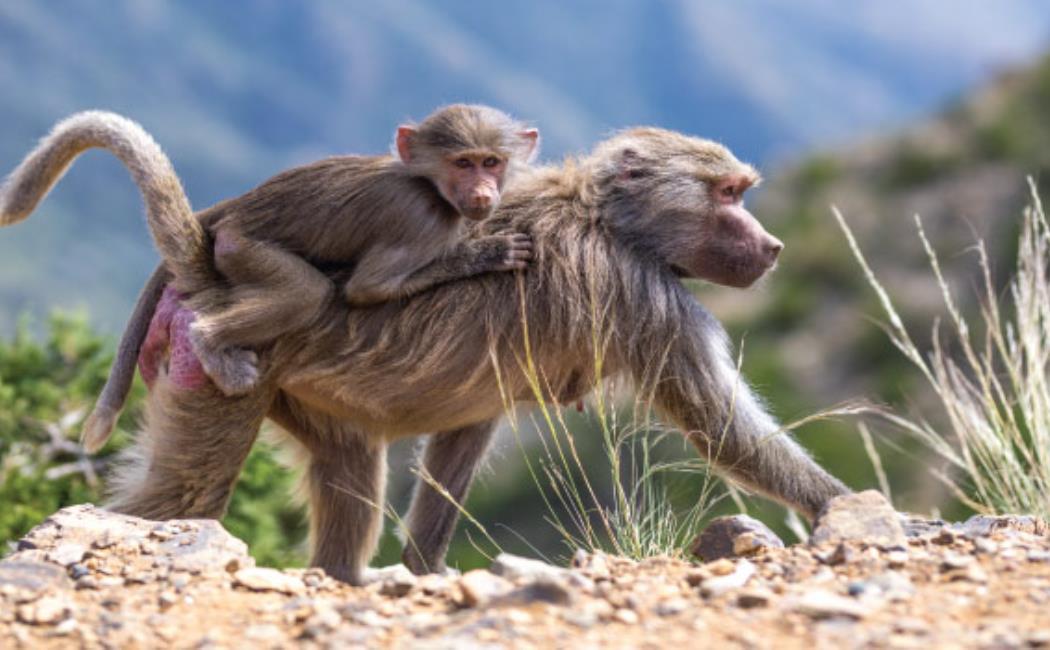
Lockdowns unlock ecology research potential
14 April, 2021
When most of the world went into lockdown to limit the spread of COVID-19, ecologists realized that these tragic circumstances presented a unique opportunity to study how the presence, or absence, of humans affects biodiversity.
The freedom to travel and transport goods by land, air or sea has underpinned social and economic progress yet has been costly to the natural world, destroying habitats and contributing to climate change. In April 2020, an estimated 4.4 billion people experienced a full or partial national lockdown, compelled to severely limit their movements. And the natural world expanded its reach.
Click here to read the full story.
Image: Lockdowns worldwide have provided an unprecedented opportunity to observe how human activities affect wildlife.
© 2021 Morgan Bennett Smith